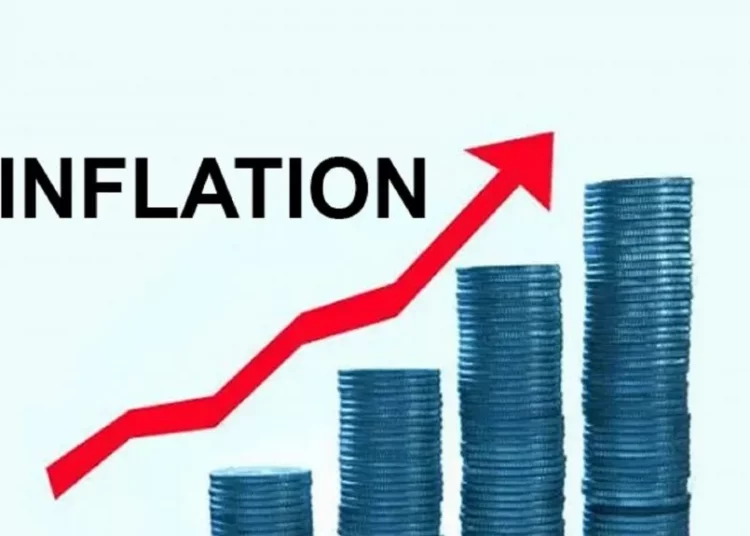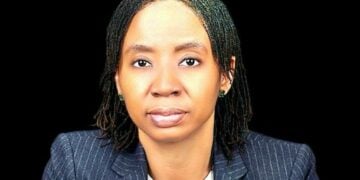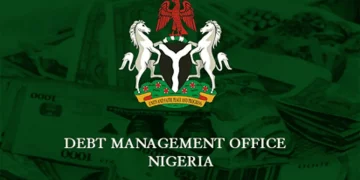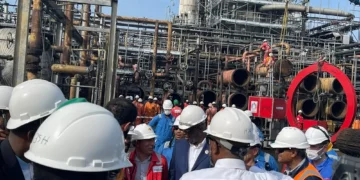BY BUKOLA IDOWU, Lagos
In line with global trends, the Monetary Policy Committee of the Central Bank of Nigeria (CBN) last week rose from its two day meeting raising benchmark interest rate by 150 basis points from 11.5 per cent to 13 per cent. This is the first time the members of the committee had agreed to raise rates, although some of them had at the meeting held in March had canvassed for a hike in rates.
For many investors and analysts, the rate hike was unexpected while some say the tilting towards a rate hike by some of the members including a deputy governor at the previous meeting was a telling sign that the CBN would give in and align with global trends.
At the end of the meeting last week Tuesday, six members voted to increase the Monetary Policy Rate (MPR) by 150bps, four voted for a 100bps hike, and one voted for a 50bps increase in the MPR. The Committee also voted to retain the Cash Reserve Requirement (CRR) at 27.5 per cent, liquidity ratio at 30 per cent and asymmetric corridor around the MPR at +100bps/-700bps.
According to the Central bank governor, Godwin Emefiele, the committee decided to hike interest rates after careful consideration of the need to strike a delicate balance between containing inflationary pressures whilst supporting economic recovery and mitigating capital flow reversals associated with global central banks’ normalisation of monetary policy.
With inflation rising to 16.82 in April, the committee had expressed concerns about the domestic inflationary pressures, which it attributed to rising food prices, high energy prices and a progressive hike in electricity tariffs. Similarly, the Committee noted that the increased food prices continue to reflect legacy structural constraints and security challenges in the food-producing regions.
While analysts at Cordros Research referred to the decision of the MPC as a shocking event, London based Senior Research Analyst at FXTM, Lukman Otunuga, said it was a ‘move that caught investors completely off guard.’
The decision to increase benchmark interest rate is however in line with the actions of central banks in Africa. At its policy meeting in May, the Bank of Ghana (BOG) voted to increase the Monetary Policy Rate (MPR) by 200bps to 19 per cent while the Monetary Policy Committee of the South African Reserve Bank (SARB) raised the repo rate by 50bps to 4.75 per cent. Likewise, the Central Bank of Egypt recently raised the deposit and lending rate by 200bps apiece to 11.25 and 10.25 per cents respectively.
At the global scene, the US Federal Reserve has raised the federal funds rate by a cumulative of 75bps, just as the Bank of England increased interest rates for the fourth consecutive time by 0.25 per cent to 1.0 per cent. This is to stem the inflation that has besieged countries across the world following the recovery form Covid-19 and the ongoing Russian war.
Having joined the global trend, the question however is; will the rate hike by the CBN be enough to stem the rising inflation in the country? According to senior research analyst at FXTM, Lukman Otunuga, on paper, a rate hike could limit inflation risks at a time when external and domestic factors are threatening Nigeria’s economy.
He, however, noted that, ongoing geopolitical risks, extreme weather, and supply-chain disruptions could feed the inflation monster, while pre-election spending ahead of the general elections is likely to exacerbate the negative situation.
Also, the founder and chief executive of Centre for the Promotion of Private Enterprise (CPPE), Dr Muda Yusuf, noted that, as the Nigerian economy is not credit driven, “the transmission effects of monetary policy on the economy is therefore very weak. In the Nigerian context, price levels are not interest sensitive. Supply side issues are much more profound drivers of inflation.”
He noted that inflation in the country is being driven by liquidity challenges in the forex market affecting access to manufacturing and other inputs, as well as supply chain disruptions resulting initially from the pandemic, and now deepened by the Russian – Ukraine conflict.
Asides these, he said, security concerns which is disrupting agricultural output, structural constraints affecting productivity in the agricultural value chain and manufacturing as well as high transportation costs affecting distribution costs across the country reflects in prices.
Yusuf further stressed that, the financing of the country’s deficit, high transactions costs at the nations ports, high import duty on intermediate goods and raw materials and aggressive revenue drive by government agencies are all taking a toll on cost of production
To him, curbing inflation requires the government addressing the security concerns causing disruption to agricultural activities as well as reforming the foreign exchange market to stabilize the exchange rate, reduce volatility and stimulate forex inflows.
Asides these, he called for the reduction in fiscal deficit monetization to minimize incidence of high-powered money in the economy, whilst fixing the structural problems to boost productivity and competitiveness of domestic firms.
Yusuf also stressed the need to address the challenge of high transportation and logistics cost, whilst ensure the restoration of normalcy and good order at the nations ports to reduce transaction costs. He also said there is need to reduce import duty on intermediate products and raw materials for industries to reduce production costs, especially in the light of the sharp depreciation in the exchange rate.





